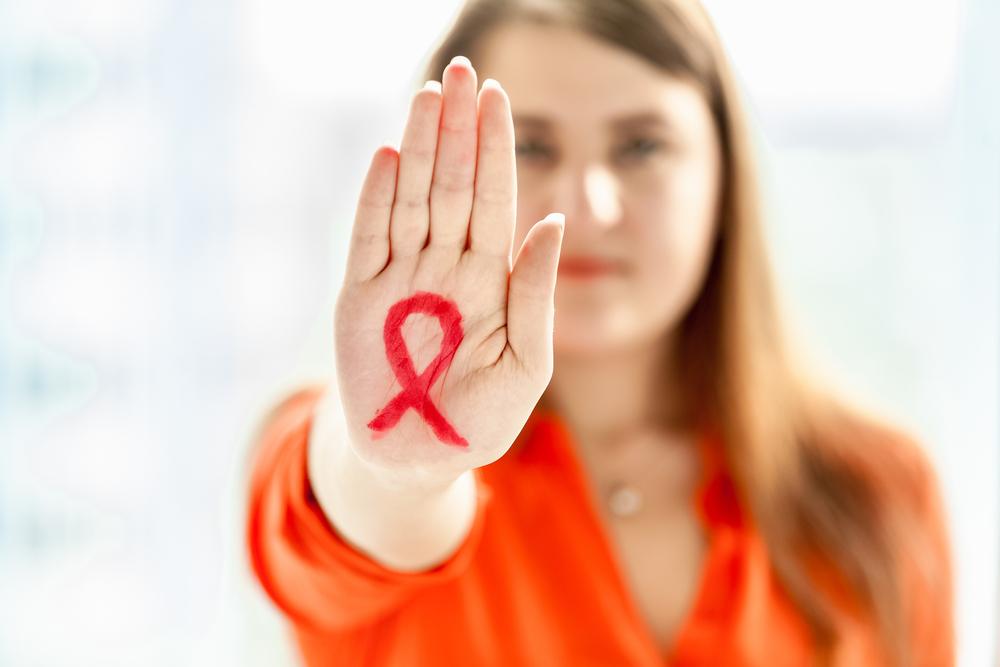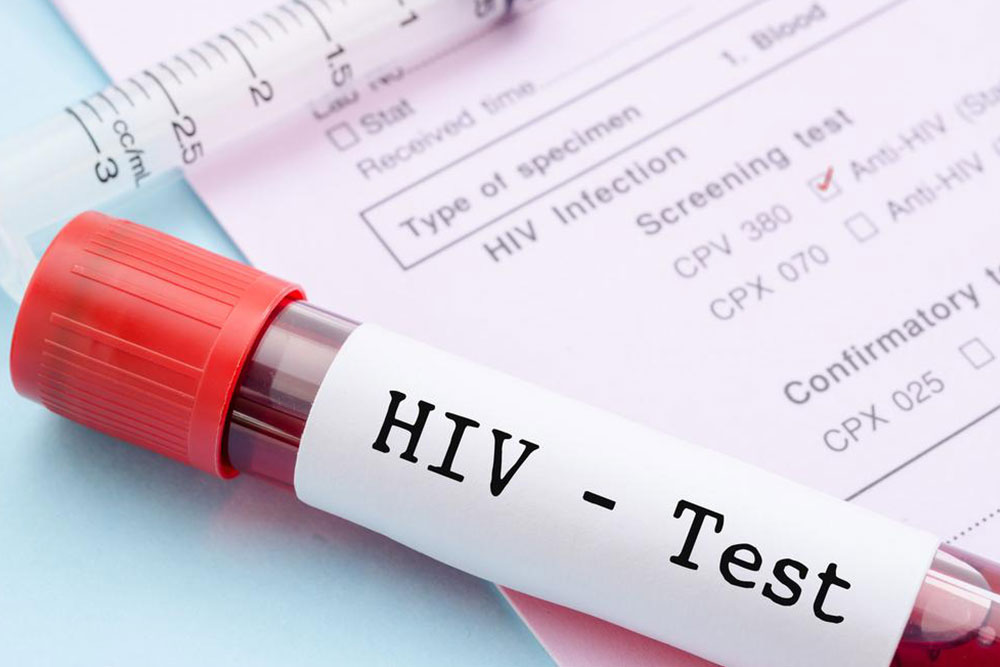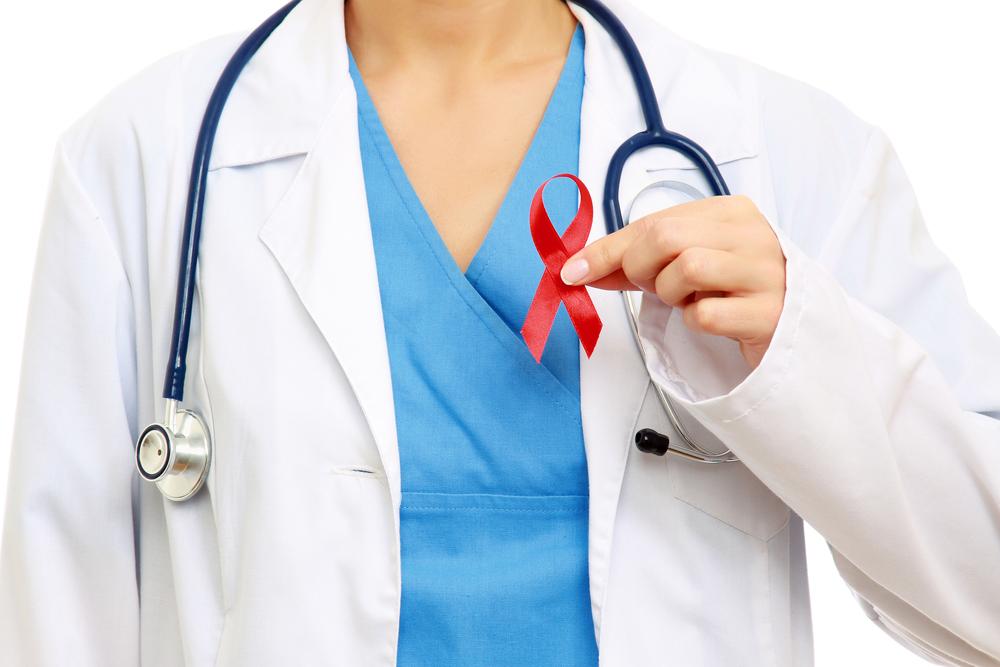Nutrition Strategies for Managing HIV and AIDS
This article offers practical nutrition tips for individuals living with HIV or AIDS, emphasizing the importance of a balanced diet. It discusses strategies for strengthening immunity, maintaining healthy weight, and avoiding certain foods to support overall health. Key points include reducing processed foods, increasing intake of fresh vegetables, fruits, and proteins, and staying hydrated. Following these dietary guidelines can help manage symptoms and improve wellbeing for those affected by HIV/AIDS.
Sponsored

Effective Nutritional Guidance for Individuals Living with HIV and AIDS
Living with HIV compromises the immune system, increasing vulnerability to infections. Maintaining a balanced diet is crucial for strengthening the body and supporting immune health.
Here are essential dietary tips to support those with HIV or AIDS.
Avoid or minimize processed foods; ideally, eliminate them entirely from your diet.
Focus on fresh produce, including a variety of vegetables and fruits, especially those rich in antioxidants to boost immune defenses.
Incorporate carrots, pumpkins, and berries into meals.
Enhance your diet with protein sources like fish, lean meats, nuts, dairy, and legumes. Add boiled eggs, cottage cheese, or nuts to salads; include yogurt with cereal. Prioritize freshly prepared foods with nutritious ingredients and protein content.
HIV often causes rapid weight loss; thus, increase calorie intake through healthy carbs and fats. Opt for whole grains such as whole wheat bread, pasta, brown rice, oats, and potatoes. Integrate fruits and natural sweeteners like honey or jams for simple sugars.
Include moderate amounts of nut butters, sour cream, butter, and margarine.
Eat multiple small meals daily to combat reduced appetite. When hungry, take advantage of the desire to eat.
Avoid sugary beverages and alcohol.
Stay well-hydrated by drinking plenty of water, especially during symptoms like fever or diarrhea, common in HIV. Proper hydration alleviates fatigue and medication side effects.
Use salt and sugar judiciously.
Consult your healthcare provider before taking vitamins or supplements, as some may interfere with treatments. Follow your doctor’s dietary advice closely.
Managing HIV/AIDS requires a comprehensive approach, and a nutritious diet plays a vital role in enhancing quality of life and health outcomes.






